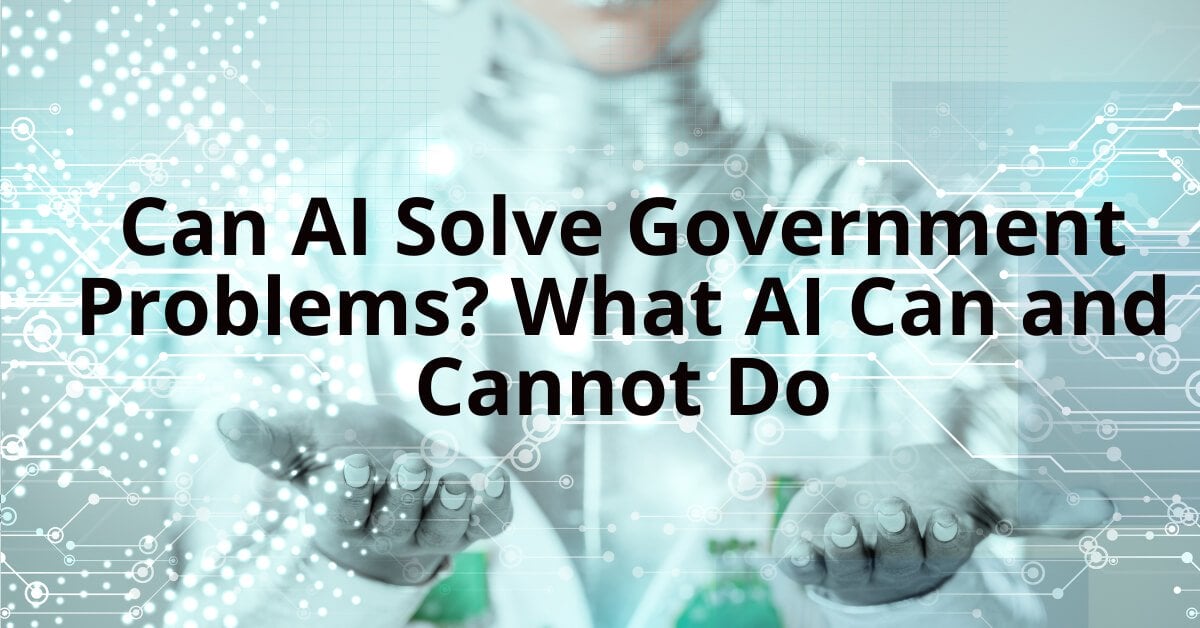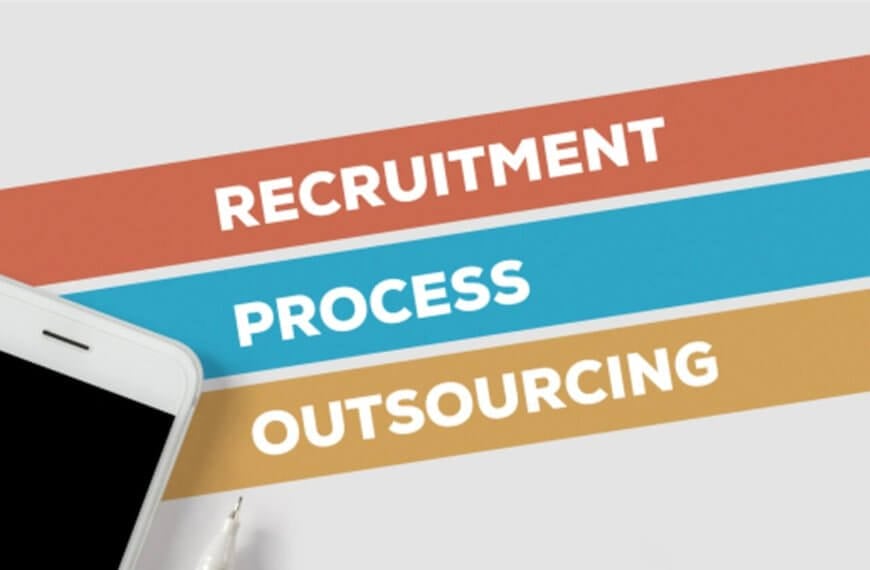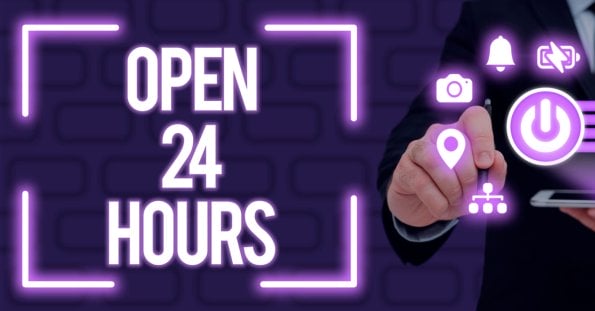Artificial intelligence (AI) has the potential to revolutionize how governments operate and solve complex problems. While AI technologies have been applied to various industries, there is much debate on how they can be applied to solve government problems. In this article, we will explore the potential and limitations of AI in government, examine some real-world examples, and discuss how AI can make the world a better place.
What is Artificial Intelligence?
Artificial intelligence is a set of algorithms that can analyze data, learn from patterns, and make predictions. It has the ability to process massive amounts of data and identify hidden patterns that humans may not detect. This can be incredibly powerful in many industries, including healthcare, transportation, and finance. Governments are also starting to explore the use of AI technologies to solve complex problems.
How Can AI Help the Government?
- Improving Public Safety AI has the potential to improve public safety by analyzing crime data and predicting where crimes are most likely to occur. By identifying patterns, AI can help law enforcement agencies allocate resources more effectively, prevent crimes, and protect the public.
- Enhancing Transportation AI technologies can be used to manage traffic flow and reduce congestion. This can be achieved by analyzing data from traffic sensors and predicting traffic patterns. Additionally, AI can be used to optimize public transportation routes, improving service and reducing wait times.
- Improving Healthcare AI can be used to analyze medical data, identify patterns and predict potential health issues. It can also be used to create personalized treatment plans, making healthcare more efficient and effective.
- Streamlining Government Operations AI can automate many repetitive and time-consuming tasks, such as data entry and paperwork. This can help reduce costs and free up government employees to focus on more complex and strategic tasks.
- Improving Disaster Response AI technologies can help governments respond to natural disasters more effectively by analyzing real-time data and predicting the extent of the damage. This can help government agencies allocate resources and respond more quickly to disasters.
What AI Cannot Do for the Government?
- Replace Human Judgement AI can help make predictions based on data, but it cannot replace human judgment. There are still many complex government issues that require human decision-making skills.
- Ensure Privacy and Security AI technologies can be vulnerable to security breaches, just like any other technology. It is important to ensure that AI systems are secure and protect user privacy.
- Solve All Problems AI technologies are not a silver bullet solution for all government problems. There are still many issues that require a human touch and creative thinking.
Real-World Examples of AI in Government
- Estonia’s E-Residency Program The Estonian government has developed an e-Residency program that allows non-residents to access government services and conduct business in Estonia. The program uses AI technologies to verify identities and ensure security.
- The United States Patent and Trademark Office The US Patent and Trademark Office has implemented an AI system to help examine patent applications. The system uses machine learning algorithms to analyze patent applications and identify potential issues.
- The UK’s National Health Service (NHS) The UK’s National Health Service (NHS) is using AI to improve patient care. AI technologies are being used to analyze medical images and diagnose potential health issues.
How Can AI Make the World a Better Place?
- Improve Efficiency AI technologies can help automate repetitive tasks, freeing up time for more complex and strategic tasks. This can help improve efficiency and reduce costs.
- Increase Accessibility AI technologies can help increase accessibility to government services by automating the process of accessing information and resources. This can help people access government services more easily and efficiently, regardless of their location or ability.
- Enhance Decision Making AI technologies can help improve decision making by analyzing large amounts of data and identifying patterns. This can help governments make informed decisions and predict potential outcomes of policy decisions.
- Promote Innovation AI technologies can help drive innovation and new discoveries by analyzing data and identifying patterns. This can lead to new discoveries and solutions that would not have been possible without the use of AI.
- Reduce Human Error AI technologies can help reduce human error by automating tasks that are prone to mistakes. This can help improve the accuracy and reliability of government processes.
- Overall, the use of AI in government has the potential to improve efficiency, increase accessibility, enhance decision making, promote innovation, and reduce human error. However, it is important to keep in mind the limitations of AI technologies and ensure that they are used responsibly and ethically.
FAQs
Q: Can AI replace human jobs in the government? A: While AI can automate many tasks, it cannot replace human decision-making and creativity. There are still many government tasks that require a human touch.
Q: Can AI help governments predict and prevent natural disasters? A: Yes, AI technologies can help governments predict and respond to natural disasters more effectively by analyzing real-time data.
Q: How can AI be used to improve healthcare? A: AI can be used to analyze medical data, identify patterns, and create personalized treatment plans. This can help make healthcare more efficient and effective.
Q: Can AI be vulnerable to security breaches? A: Yes, AI technologies can be vulnerable to security breaches. It is important to ensure that AI systems are secure and protect user privacy.
Q: Can AI solve all government problems? A: No, AI technologies are not a silver bullet solution for all government problems. There are still many issues that require a human touch and creative thinking.
Conclusion
In conclusion, AI has the potential to revolutionize how governments operate and solve complex problems. By improving public safety, enhancing transportation, improving healthcare, streamlining government operations, and improving disaster response, AI technologies can make the world a better place. However, it is important to keep in mind the limitations of AI technologies and ensure that they are used responsibly and ethically. As governments continue to explore the use of AI, it will be important to strike a balance between the benefits and the potential risks.
























